DETERMINANTS AFFECTING CAREER INTENTION AMONG HOSPITALITY STUDENTS
Abstract
Full Text:
PDFReferences
Bantanur, S., Mukherjee, M., & Shankar, R. (2015). Emerging dimensions of sustainability in institutes of higher education in India. International Journal of Sustainable Built Environment, 4(2), 323-329.
Hussain, S., Singh, A. M., Mohanty, P., & Gavinolla, M. R. (2023). Next generation employability and career sustainability in the hospitality industry 5.0. Worldwide Hospitality and Tourism Themes, 15(3), 308-321.
Jha, P., & Mishra, P. (2024). Youth and challenges in contemporary world of work in India. In Youth in Indian Labour Market: Issues, Challenges and Policies (pp. 55-82). Singapore: Springer Nature Singapore.
Jiane, S. C., & Wakelin-Theron, N. (2023). Visitors’ motivation for staying in Airbnb accommodation: Evidence from South Africa. Journal of Applied Sciences in Travel and Hospitality, 6(1), 1-10.
Kamarudin, W. N. B. W., Fuza, Z. I. M., Ghani, A. M., Nawawi, W. N. W., Hamid, R., & Daud, N. M. (2023). Inspirational hospitality entrepreneurship model in cultivating the entrepreneurship education among Malaysian higher institutions hospitality students. Asian Journal of University Education, 19(1), 53-71.
Krejcie, R. V., & Morgan, D. W. (1970). Sample size determination table. Educational and Psychological Measurement, 30, 607-610.
Kuo, Y. C., Walker, A. E., Schroder, K. E., & Belland, B. R. (2014). Interaction, internet self-efficacy, and self-regulated learning as predictors of student satisfaction in online education courses. The Internet and Higher Education, 20, 35-50.
Kumar, V., Dalla Pozza, I., & Ganesh, J. (2013). Revisiting the satisfaction–loyalty relationship: Empirical generalizations and directions for future research. Journal of Retailing, 89(3), 246-262.
Lestari, N., & Rosman, D. (2024). Factors influencing hospitality students’ career goals in Indonesia. Academica Turistica-Tourism and Innovation Journal, 17(1).
Malaysian Qualifications Agency (MQA). (2013). Programme Standards: Hospitality and Tourism. Malaysian Qualifications Agency.
Malaysian Qualifications Agency (MQA). (2019). Programme Standards. Retrieved from www.mqa.gov.my
Marinakou, E., & Giousmpasoglou, C. (2019). Talent management and retention strategies in luxury hotels: Evidence from four countries. International Journal of Contemporary Hospitality Management, 31(10), 3855-3878.
Ngoepe, L. L., & Wakelin-Theron, N. (2023). Employability attributes of hospitality graduates and expectations of hotel managers. Journal of Teaching and Learning for Graduate Employability, 14(1), 88-103.
Rudd, D. P., Bidziszewski, D. E., & Litzinger, P. (2014). Recruiting for retention: Hospitality programs. American Society of Business & Behavioral Sciences eJournal, 10(1), 113-122.
She, Z., & Hu, X. (2021). Emotional intelligence and its influence on career decision-making self-efficacy: A study among adolescents. Journal of Career Development, 48(2), 175-188. https://doi.org/10.1177/0894845320904861
Singal, M. (2015). How is the hospitality and tourism industry different? An empirical test of some structural characteristics. International Journal of Hospitality Management, 47, 116-119.
Schoffstall, D. G., & Brown, E. A. (2021). Developing an understanding of the early collegiate student experiences in hospitality and tourism. Journal of Teaching in Travel & Tourism, 22(4), 400–414. https://doi.org/10.1080/15313220.2021.2010632
Tanujaya, B., Prahmana, R. C. I., & Mumu, J. (2022). Likert scale in social sciences research: Problems and difficulties. FWU Journal of Social Sciences, 16(4), 89-101.
Voutera, J., Silva, A. D., & Taveira, M. C. (2020). Family influence on undergraduates' career choice implementation. International Journal for Educational and Vocational Guidance, 21(3), 551-570. https://doi.org/10.1007/s10775-020-09453-0
Wang, Y., Wang, W., & Lei, L. (2016). College students’ career values and employability: The mediating role of career decision-making self-efficacy. Educational Theory and Practice, 9, 9-11.
Zhou, D., Peng, Z., & Zhou, H. (2023, December). The influence of career decision-making self-efficacy on employability of higher vocational students: Mediated by emotional intelligence. In Frontiers in Education (Vol. 8, p. 1274430). Frontiers Media SA.
DOI: http://dx.doi.org/10.30813/glost.v0i0.6155






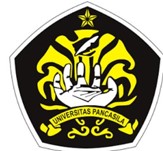

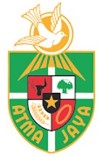

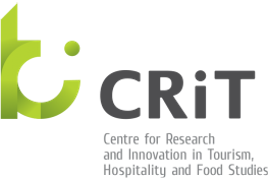
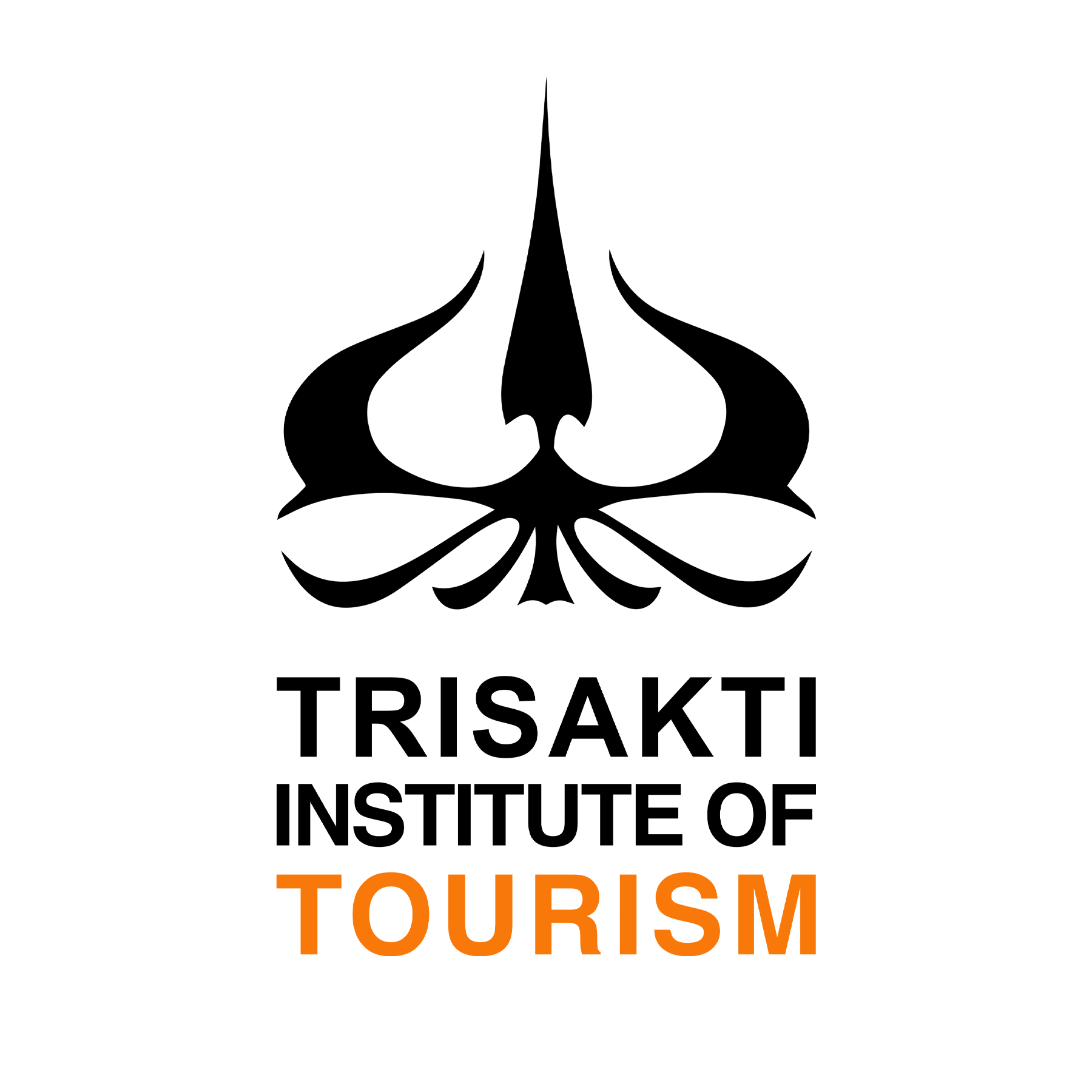
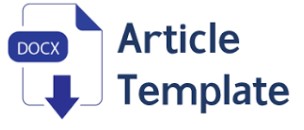
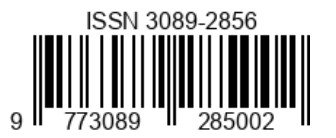
.jpg)


1.png)
.png)